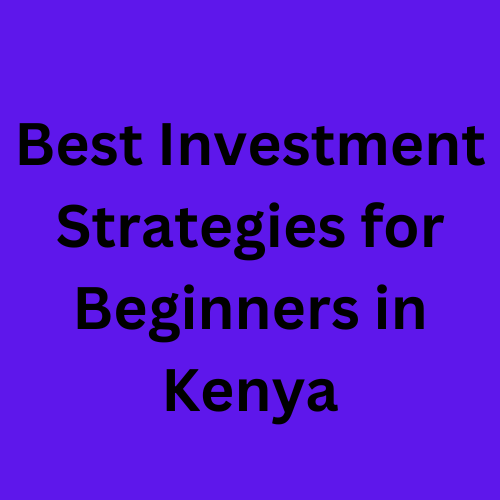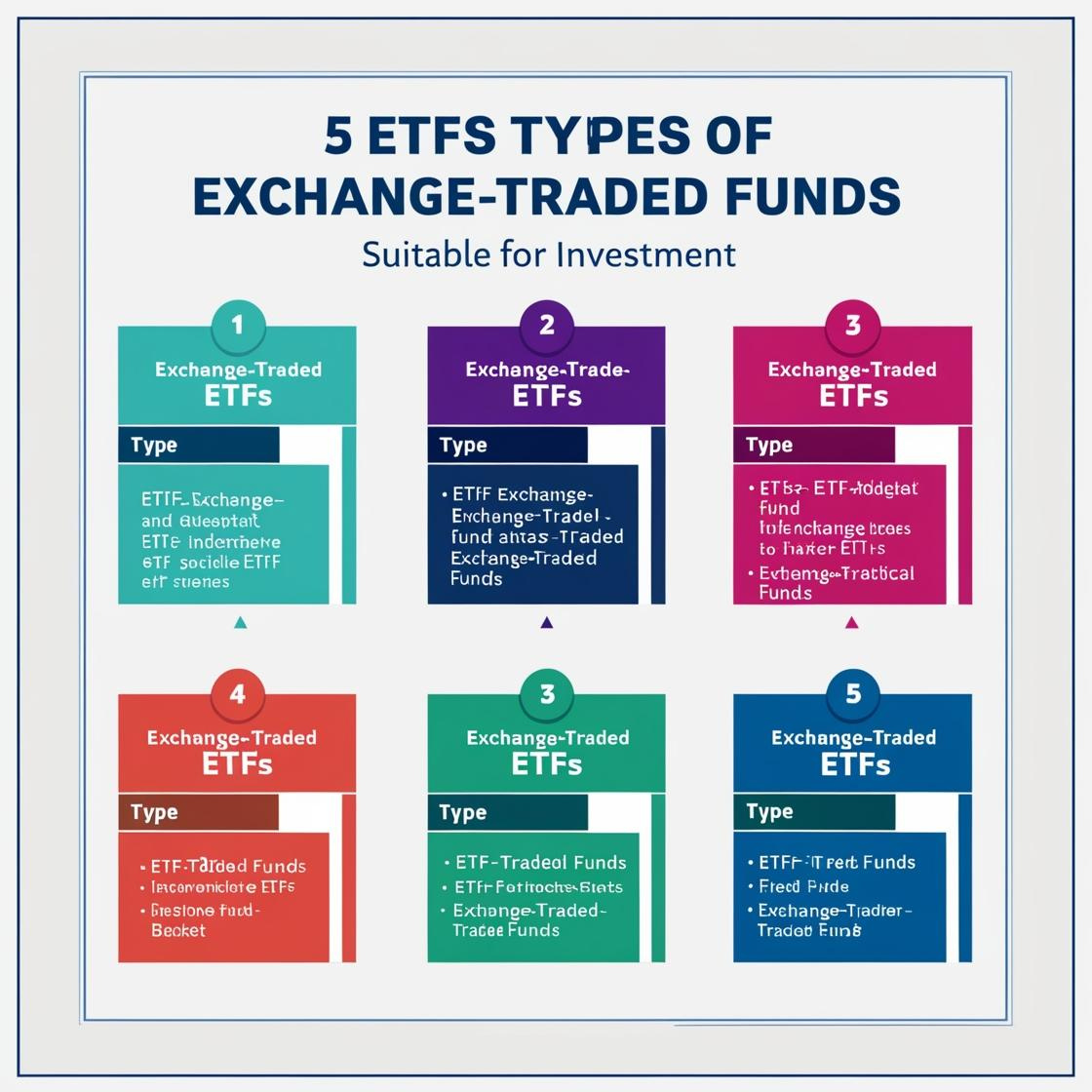
Investing is a crucial step toward financial independence, and for beginners in Kenya, the stock market, real estate, and ETFs (Exchange Traded Funds) are some of the most promising opportunities. This guide will break down these three investment options and provide you with practical strategies to help you get started.
1. Stock Market: Getting Started in Kenya
The stock market can seem intimidating, but it’s a powerful way to grow your wealth over time. The Nairobi Securities Exchange (NSE) is the main stock exchange in Kenya, and it’s easier than ever for beginners to start investing. Here are key steps to follow:
A. Understand the Basics
Before diving in, it’s essential to understand how stocks work. When you buy a stock, you’re purchasing a small share of ownership in a company. The value of your investment will depend on the company’s performance.
B. Open a CDS Account
To trade stocks in Kenya, you’ll need to open a Central Depository System (CDS) account. You can do this through a stockbroker or an investment bank. Some online platforms like Bamboo and Hisa also allow users to trade globally with a simple registration process.
C. Choose the Right Stocks
For beginners, it’s recommended to focus on blue-chip companies that have a strong track record, such as Safaricom, KCB, and EABL. You can research potential stocks through websites like NSE Live or investment platforms.
D. Diversify Your Portfolio
Investing in a range of stocks reduces risk. Spread your investments across various sectors like banking, telecommunications, and manufacturing to avoid significant losses.
E. Stay Informed and Monitor Your Investments
Keep up with news that affects the stock market and regularly review your portfolio. Patience and long-term thinking are essential when investing in stocks.
2. Real Estate: Building Wealth Through Property Investments
Real estate is another popular investment vehicle in Kenya. While it may require more capital than stocks, it’s a great way to build long-term wealth.
A. Research the Market
Start by understanding the current property trends in Kenya. Areas like Nairobi, Mombasa, and Kiambu are some of the hotspots for real estate development. Platforms like HassConsult provide detailed reports on real estate trends in Kenya.
B. Choose the Type of Real Estate Investment
There are different types of real estate investments:
- Residential Properties: Purchasing homes to rent out or sell.
- Commercial Properties: Investing in office spaces, retail outlets, or industrial properties.
- Land Investment: Buying land in prime areas or those with high growth potential.
C. Secure Financing
Real estate often requires substantial capital. Beginners can explore options like mortgages or SACCO loans to finance their investments. Ensure you calculate the return on investment (ROI) before committing to any property.
D. Location is Key
Choose properties in areas with strong infrastructure development, security, and future growth potential. This increases the likelihood of property appreciation over time.
E. Hire a Real Estate Agent
A knowledgeable real estate agent can guide you through the buying process and help you avoid potential pitfalls.
3. ETFs: A Balanced and Simple Way to Invest
Exchange Traded Funds (ETFs) are one of the easiest and most diversified ways to invest for beginners.
A. What are ETFs?
ETFs are investment funds that hold a variety of assets, such as stocks, bonds, or commodities. They are traded on the stock exchange, just like individual stocks. The key benefit is diversification since you are investing in a basket of assets.
B. Why Invest in ETFs?
ETFs offer a low-cost way to diversify your portfolio, reducing the risk compared to buying individual stocks. In Kenya, investors can access international ETFs via platforms like Bamboo, which provides access to US stock markets.
C. Types of ETFs to Consider
For beginners, it’s best to start with:
- Index ETFs: These track a specific index, such as the S&P 500.
- Sector ETFs: Focus on specific sectors, such as technology or healthcare.
- Bond ETFs: Offer exposure to government or corporate bonds.
D. How to Invest in ETFs
You’ll need to open an account with a brokerage firm that offers ETFs, such as Bamboo or Hisa. Decide how much you want to invest and choose ETFs that align with your financial goals.
Conclusion
Whether you’re interested in the stock market, real estate, or ETFs, investing in Kenya can provide great opportunities for wealth creation. Start by educating yourself on each investment option, create a diversified portfolio, and stay informed to ensure long-term success.



